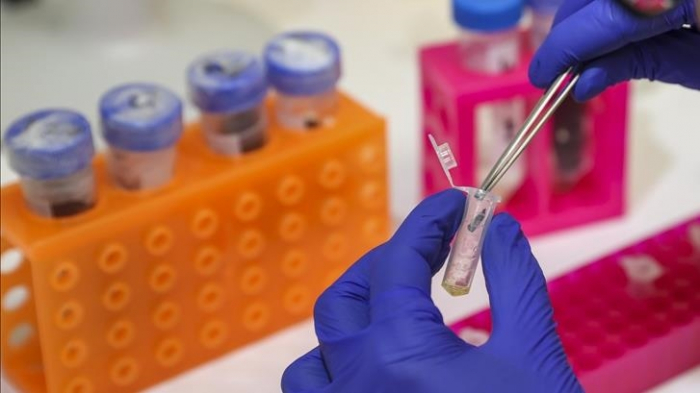The University of South China announced on Wednesday that its researchers successfully isolated high-purity lead-212 and bismuth-212 nuclides from rare earth minerals, Xinhua News reported.
These nuclides are recognized for their potential in targeted alpha-nuclide therapy (TAT), an emerging treatment for various cancers, including breast, pancreatic, and prostate cancers, the university stated.
The research team developed and validated an efficient, low-cost method for separating lead-212 and bismuth-212 nuclides in a halide medium.
This process involves the use of a novel adsorbent material, a “silica-supported anion exchange resin,” the report added.
According to the report, this method achieves adsorption speeds over six times faster than traditional resins, offering significant advantages in isolating short-lived nuclides.
The team is now working on extracting additional nuclides, including radium-228, thorium-228, and radium-224.
AzVision.az
More about:
















































